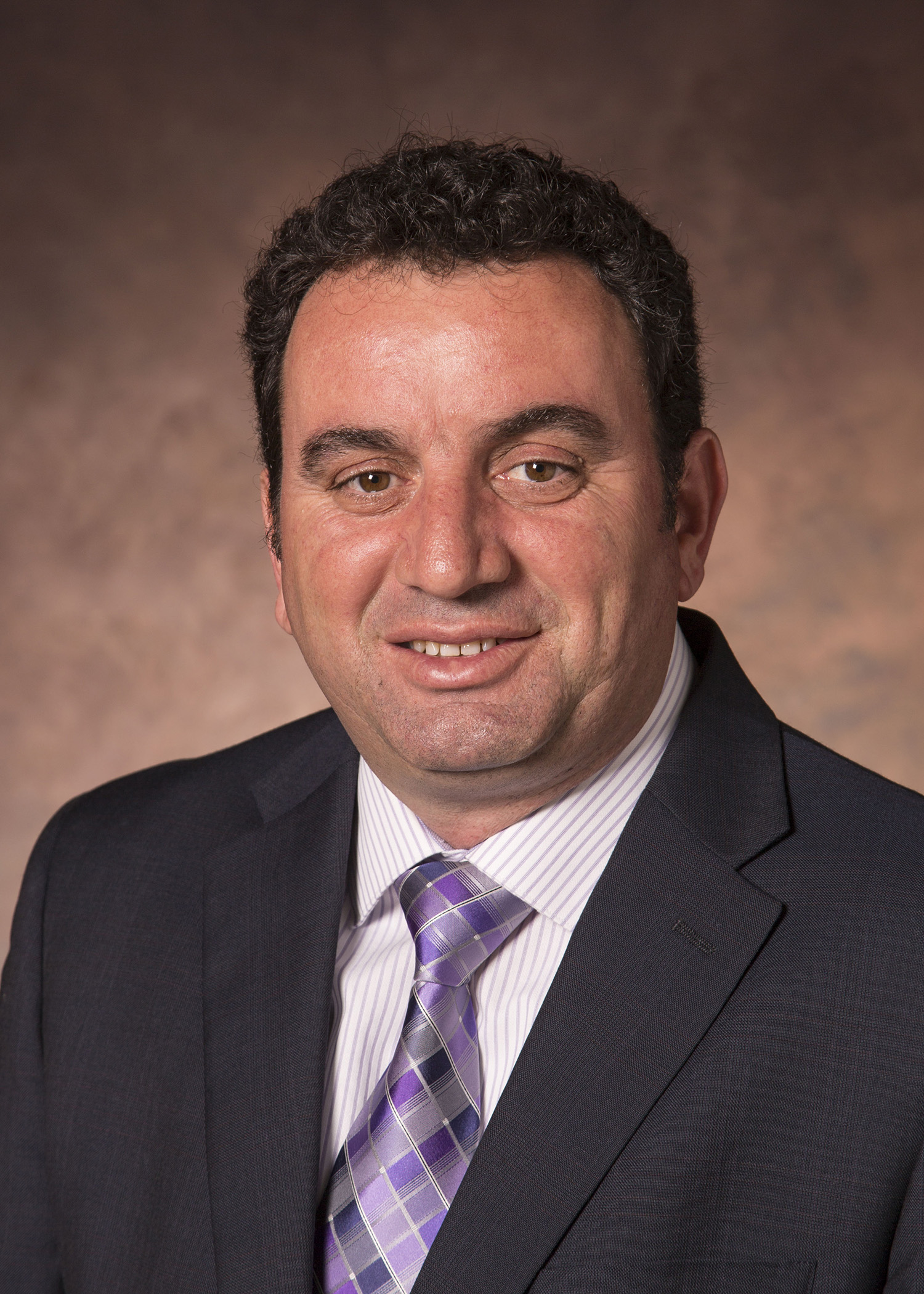Tobias, Amanda, AA
Amanda Tobias is a Certified Reciprocal Drug and Alcohol Counselor as well as a Qualified Addiction Professional with North Central Missouri Mental Health Center for over 5 years. Tobias’ career with North Central Missouri Mental Health has included work as a Family Support Specialist, Community Support Specialist and has most recently included her role as SUD counselor and specialist on the ITCD/DOC/SUD program. Tobias received her Associates in Teaching at North Central College. Tobias specializes in working with individuals in the substance use program, integrated treatment for co-occurring disorders program, youth and transitional aged youth substance use program as well as individuals who are engaged with the Department of Corrections. Tobias has experience working with transitional aged youth, individuals with substance use diagnosis, Department of Corrections probationers and parolees, individuals experiencing barriers with mental health and substance use combined and has engaged in developing a relationship with the Child Advocacy Center. In addition to her employment activities Tobias engages in volunteer activities with local resources such as the area homeless shelter which provides services to a nine-county service area.
Presentation(s):
Maslow’s Hierarchy of Needs as it Relates to Mental Health and Substance Use in a Rural Setting






